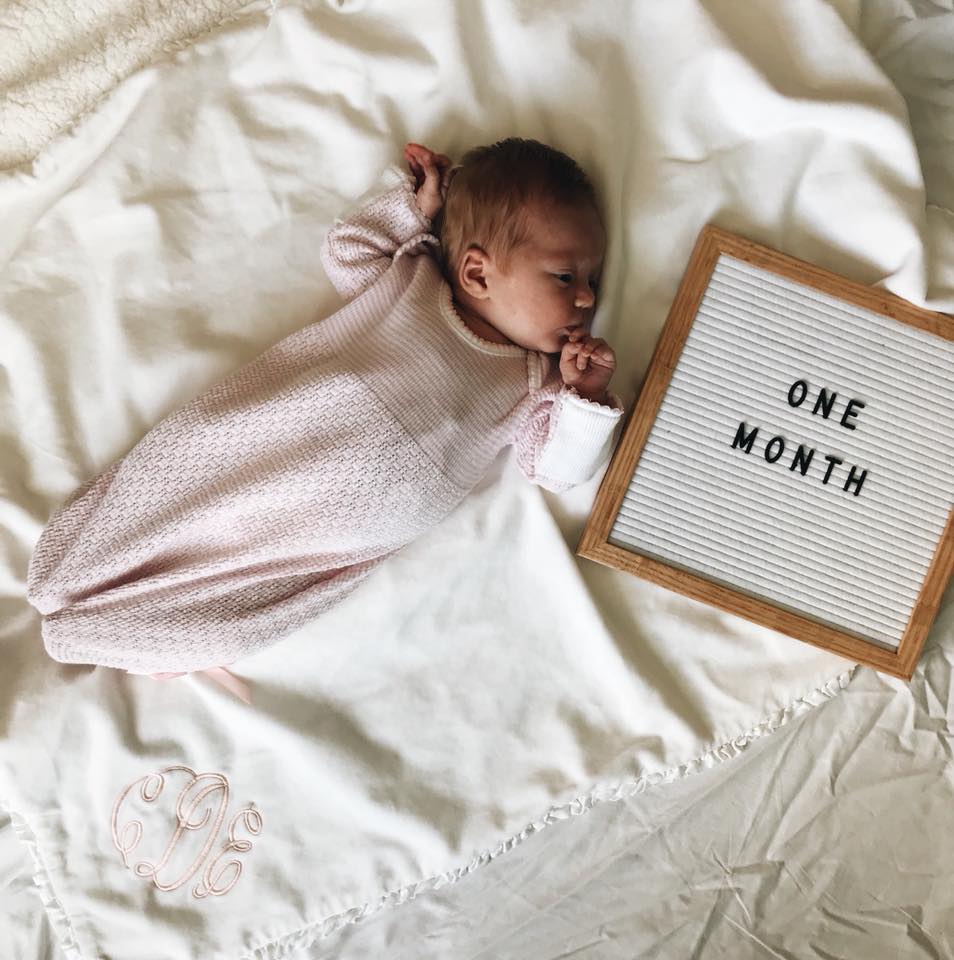HOLDING BOTH
“Here is your baby,” said the ultrasound tech.
In the slivers of seconds after she said “baby,” my mind was racing.
Wow, there’s our baby.
Wait, did she linger after she said “baby?”
Is she about to say something else?
She definitely drew out the word “baby,” as if her sentence was incomplete.
And, then it came.
“Here is your baby… and here is baby number two,” she said.
A wave of emotions washed over me–holding both shock and joy, nerves and excitement, worry and gratitude.
The rest of the appointment (and the ones to follow) felt like a blur of words: monochorionic diamniotic twins, identical, progesterone shots, twin-to-twin transfusion syndrome, same gender, membrane, fluid pockets, sharing a placenta, high risk, multiples, maternal fetal medicine, deliver early, NICU.
NICU.
Now, there was a familiar word. A triggering word.
“Not again,” I thought. “Surely not again.”
As the pregnancy progressed, we knew that my due date (April 7) would no longer be the goal for my pregnancy. Based on how things were going, the plan was to induce between 36 and 37 weeks gestation.
On February 11, we scheduled our induction for 36 weeks (March 10) gestation and went to sleep that night, only to wake up at 4:00 a.m the next morning to my water breaking.
Thirty-nine hours later, our beautiful sons, Micah and Andrew, were born. Three pounds each of pure sweetness.
Micah Lee
Andrew Stephen
After birth, I was holding both relief and worry. Relief from the labor pains and the discomfort I was feeling at 32 weeks pregnant with twins, and worry for how they would do being born so early.
Today, the twins are one week old.
It’s been one week of visiting our boys at the hospital. One week of pumping and storing breast milk. One week of calling to get updates throughout the night. One week of staring at their progress (or lack-thereof) on a white board. One week of cords and cables surrounding their little bodies. One week of asking when (and if) we can hold them.
Here’s the thing… we knew throughout the pregnancy that an early delivery was very possible. And, that spending time in the NICU was highly likely.
And, our daughter was born at 34 weeks gestation and spent 31 days in the NICU before going home. So, we are seasoned NICU parents. We are not strangers to the reality of the rollercoaster that is a NICU stay.
And, even then, no amount of NICU experience can prepare you for having to go through it twice.
So, again, we are holding both.
Thankfulness for a healthy delivery. Indescribable joy as we celebrate being the parents of three beautiful children.
Along with an all-too-familiar sadness as we leave our boys at the hospital every night. Heartache as the days feel like years while we anxiously await for updates and milestones to be met.
One week in, and (as NICU parents know) who-knows-how-long to go.
“Holding both” is hard, no matter what you’re going through. It is emotionally taxing to balance such opposing feelings all in the same moment.
For now, I will continue spending most of my days dreaming of the one type of “holding both” I cannot do right now: holding both of my boys.
What a sweet day that will be.
Related Links:
http://ashleydaubin.com/blog/31-days
http://ashleydaubin.com/blog/how-to-help-a-nicu-family









